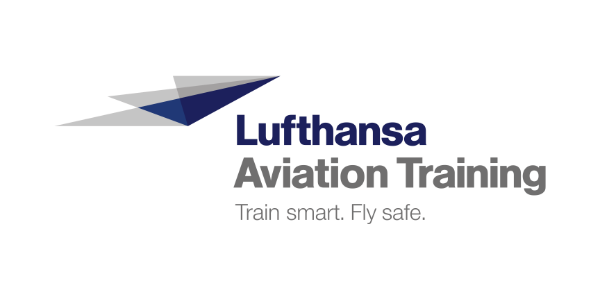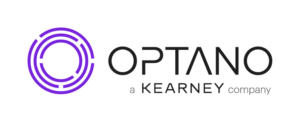Profit-optimized
flight simulator
planning at Lufthansa
The client
Lufthansa Flight Training (LFT) GmbH is a wholly-owned subsidiary of Deutsche Lufthansa AG. It has more than 50 years of experience in the training and further training of cockpit and cabin crews, making it one of the leading providers of training services for airlines worldwide. At present, more than 150 airlines from all over the world train with the LFT Group at five locations.
Approx. 45 cockpit simulators are available for training at five locations – full-flight simulators as well as flat-panel training systems. They are divided up into 13 simulator families and a total of 23 simulator groups using similar training apparatus. The simulators are available 24/7.

Speed
Perform planning and rescheduling in the shortest possible time.
Ensure an even utilization of all capacities.
Balance
Efficiency
Increase efficiency through optimal utilization.
Keep track of all relevant KPIs at all times.
Transparency
Mathematical optimization was used to
maximize simulator utilization.
Executive Summary
OPTANO GmbH has successfully developed a scenario-based training planning system for the optimized allocation of cockpit simulator capacities. After the successful OR|Analysis and OR|Model design phases including a feasibility study, system development was completed on the basis of the OPTANO Platform. By working closely with key users from early on in the process, developers were able to create a user interfacewith a highly efficient optimization core and which guarantees 100% precision. The project was implemented on time and on budget in close cooperation between OPTANO and the customer and all quality gates were achieved.
The Challenge
Simulator capacity planning is an extremely complex task as it is subject to a large number of input parameters, lateral dependencies and training restrictions. In addition, the market is characterized by overcapacities, so that customer-oriented training planning is important for securing long-term customer loyalty.
The airlines book training sessions that vary according to hard and soft parameters with regard to training sequences and times. For example, there should be a rest period of 16 to 24 hours between training sessions for a pilot crew – and on no account should it be less than 16 hours or more than 24. Also, it is ideal for the customer if this rest period has a length of exactly 20 hours. The additional conditions resulting from this are termed “hard” (16 – 24 hours) and “soft” (20 hours). Then there are additional requirements that depend on the individual customer, such as weekday preferences.
Long-term training planning is usually carried out three months in advance. Depending on the type of fleet involved, it comprises up to half a dozen simulators working simultaneously at various different locations. Tailor-made planning used to keep planners busy for several days. However, it required a great deal of additional work to find out how good the solution met all soft requirements.
The results
As part of the project, we developed an IT-assisted scenario-based training planning system for the optimum allocation of cockpit simulator capacities. Optimum capacity allocation is determined on the basis of the customers’ training requirements and the profits that can be achieved. The tool supports long-term training planning while simultaneously taking into account the required training volumes, the capacities, the hit ratio of the customer restrictions and the optimum profit.
Implementation was carried out based on the OPTANO Platform and was on time, on budget and met all quality gates. Project management and the training courses were also carried out by OPTANO experts.
The most successful projects include the following:
- Integrated optimization tool with an easy-to-operate interface
- Profit-optimized planning of all simulator capacities
- Increased utilization of simulator capacities
- Automatic compliance with all training restrictions
- Reduction of the effort required for monthly scenario planning
- Improvement of the process quality
- Improved flow of information between employees
- Transparent calculation of KPIs
How can we help you?
You are also welcome to use our contact form. We will then get back to you as soon as possible!
We look forward to talking to you!



